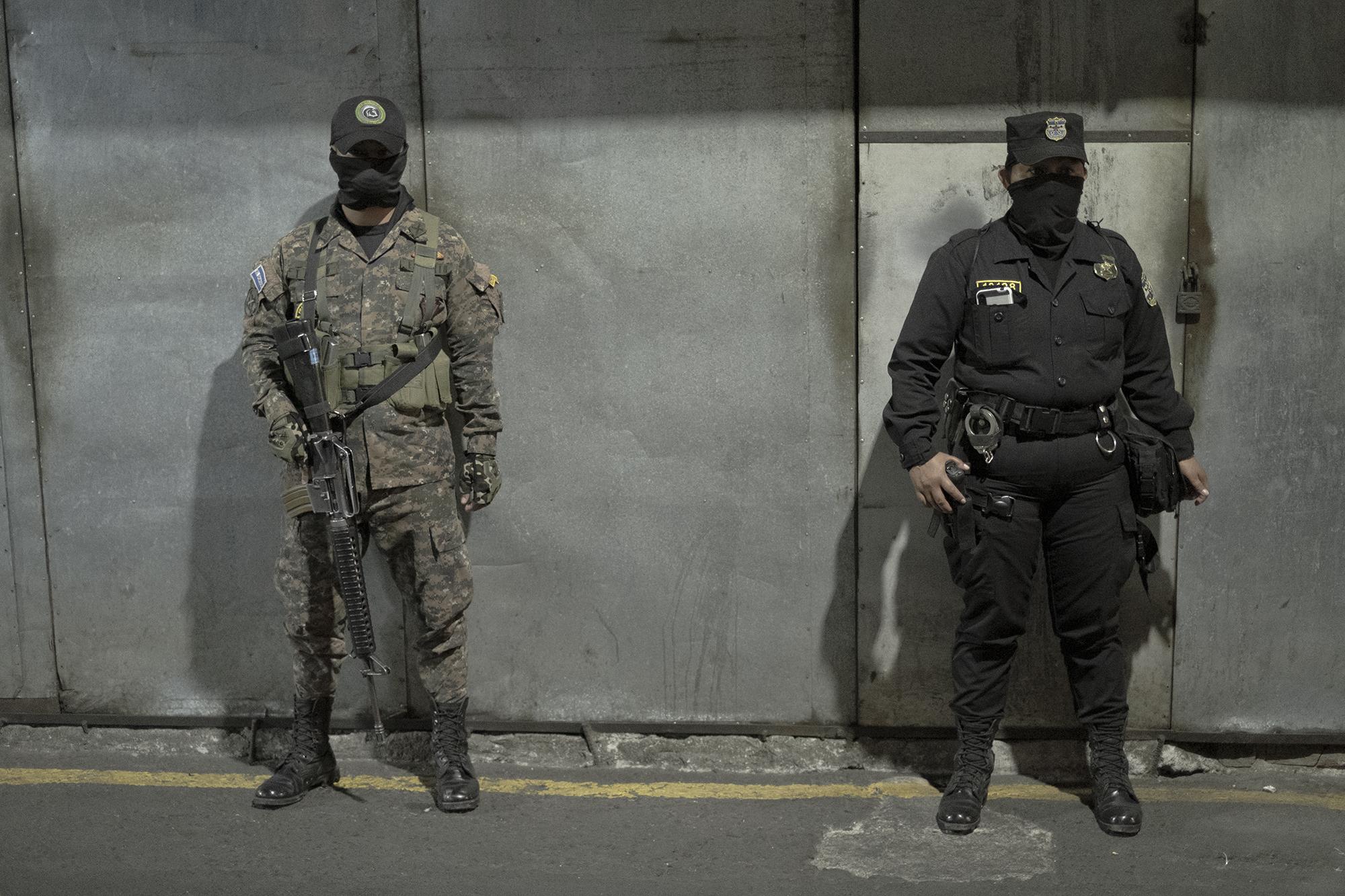
Beginning March 21, 2020, Salvadoran President
Nayib Bukele closed the country's borders and mandated stay-at-home orders. 1,500 members of the police and military were dispersed throughout metropolitan San Salvador to enforce the stay-at-home orders. During the first 24 hours of the order, 269 persons were detained for not staying in their homes. These orders have been extended every 15 days and violators face arrest and transfer to quarantine centers run by the police and military, where they are subject to at least 30 days of detention. The policeman or military official decide who carries out the detention decides whether the individual is violating the stay-at-home orders or falls within one of the decreed exceptions. One family member is permitted to go out and purchase food or medicine but it has not been clarified what criteria a policeman or military official should use when an individual who is being stopped makes this argument. The presumed illegality of these detentions led to action by the courts. El Salvador's Supreme Court (Constitutional Chamber) issued three rulings against such detentions but Bukele said he "could not follow" orders that would allow thousands of Salvadorans to die.
On April 23, by tweet, Bukele closed down the legislature as it met to override presidential vetoes by declaring, without presenting any evidence, that the Covid-19 was present on the legislative floor.
No comments:
Post a Comment
Comments are subject to moderation and must be submitted under your real name. Anonymous comments will not be posted (even though the form seems to permit them).